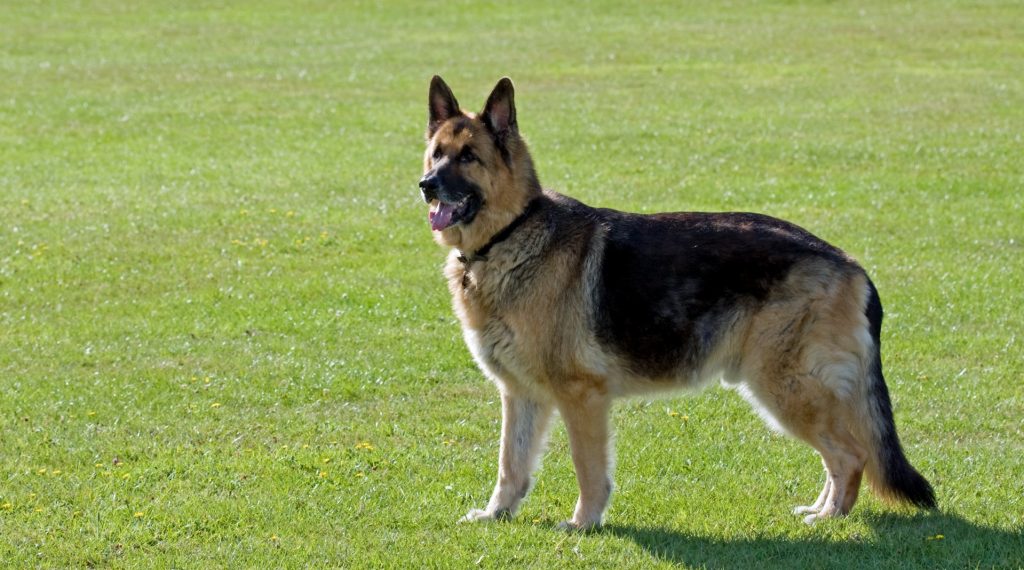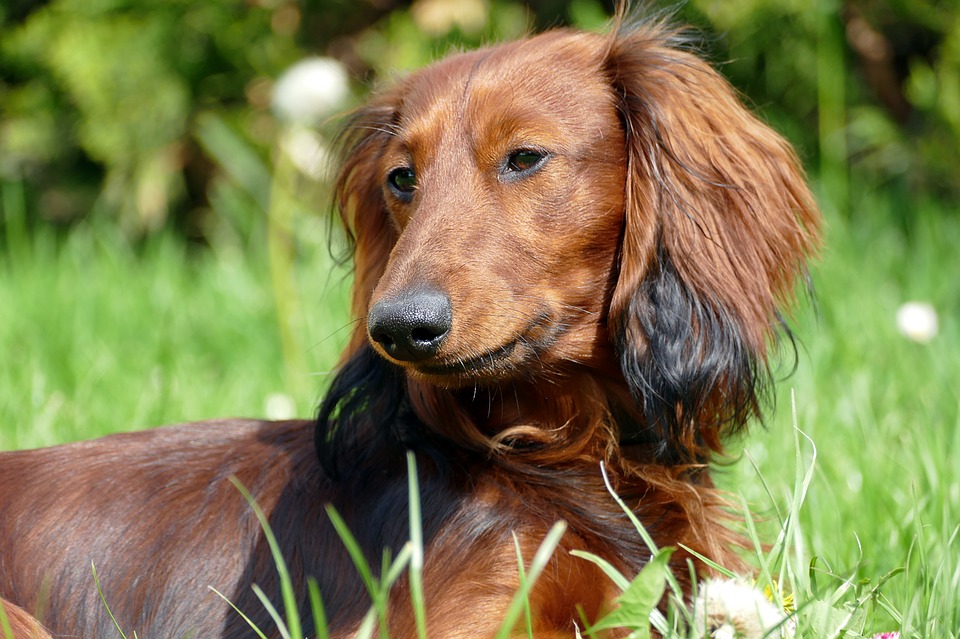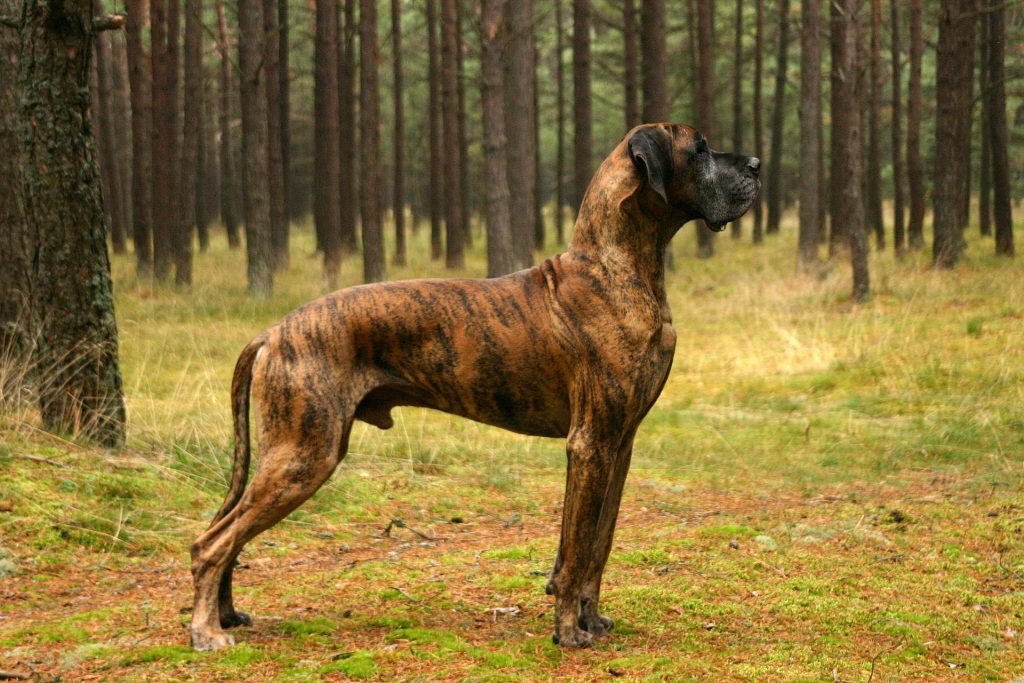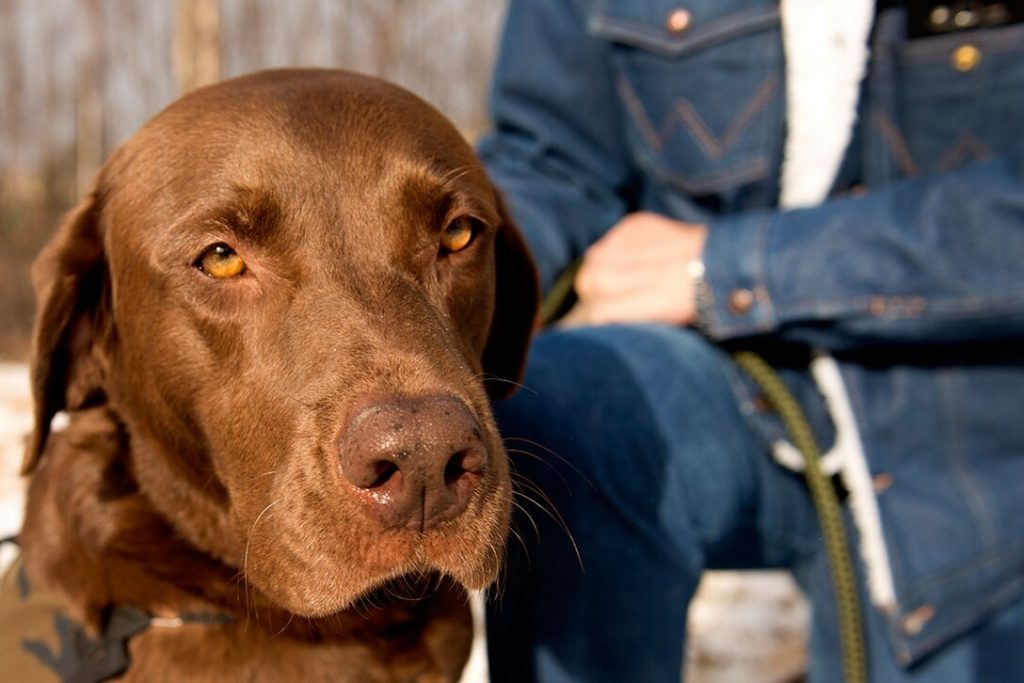Breed specific dogs that are prone to joint problems and why – By Emily Daigle
Joint problems are unfortunately common amongst all dog breeds. However, due to genetic predisposition, some breeds are more prone to developing joint problems such as inflammation (arthritis). While some cases result in discomfort and aches, the more dangerous kinds can lead to immobility and serious pain. Therefore, it is very important for all dog owners to be aware if their pup’s breed’s genetics make them more susceptible to joint problems.
The following list of dog breeds may be more prone to weakened joints and should be closely monitored, especially in old age:

- German Shepherds
GSD’s are widely considered the most common pups prone to hip dysplasia. Being proactive in their joint health with your veterinarian can help prevent the joint disease as well as arthritis and discomfort.
- Labrador Retrievers and Golden Retrievers
Although rather active dogs, retrievers are prone to obesity especially in old age. This adds stress to their already sensitive joints, and can worsen the chance of hip and elbow dysplasia.

- Dachshunds
As the only small breed on the list, joint problems in dachshunds seems unlikely. However, with their long torsos, weight can put stress on their lower backs. This stress can lead to pain and arthritis especially in overweight dogs. (Note: this is also valid in some cases for breeds like Corgis and Basset Hounds with long torsos and short legs).
- Rottweilers
Rotts are common to develop hip and elbow dysplasia, as well as arthritis. Osteochondrosis dissecans (OCD), a malformation in the joint cartilage, is also seen with this breed. Proper nutrition and a consultation with your veterinarian should set your pup on the right track.
- Newfoundlands
These gentle giants grow to be so big at such a fast rate. Because of this, they are more likely to develop elbow and hip dysplasia at a young age. Preventative measures may be wise to help your pup at old age.
- Saint Bernards
Similar to Newfoundlands, these fast growing large dogs are prone to joint problems starting at a young age. Consult your veterinarian on how to ease or prevent hip dysplasia and arthritis for your St. Bernard.

- Great Danes
It is no surprise that the largest of the large dog breeds has landed on this list. The Great Dane’s quick growth and large frame causes them to be prone to hip dysplasia and arthritis.
- Mastiffs
See the trend here? The Mastiff’s large, mighty body insists that they are prone to hip and elbow dysplasia, and arthritis. Proper nutrition, joint supplements, and making sure that your dog is a healthy weight are good ways to protect against joint discomfort.
- Old English Sheep Dogs
The last of our candidates for joint problems is the Old English Sheep Dog. Like many large dogs, these are susceptible to hip and elbow dysplasia and arthritis.
What to do if your beloved breed is on this list? Always consult with your veterinarian for the proper procedures on how to treat, prevent, and ease joint problems in your pup no matter the age. And if a joint supplement is recommended, you know who to choose.

